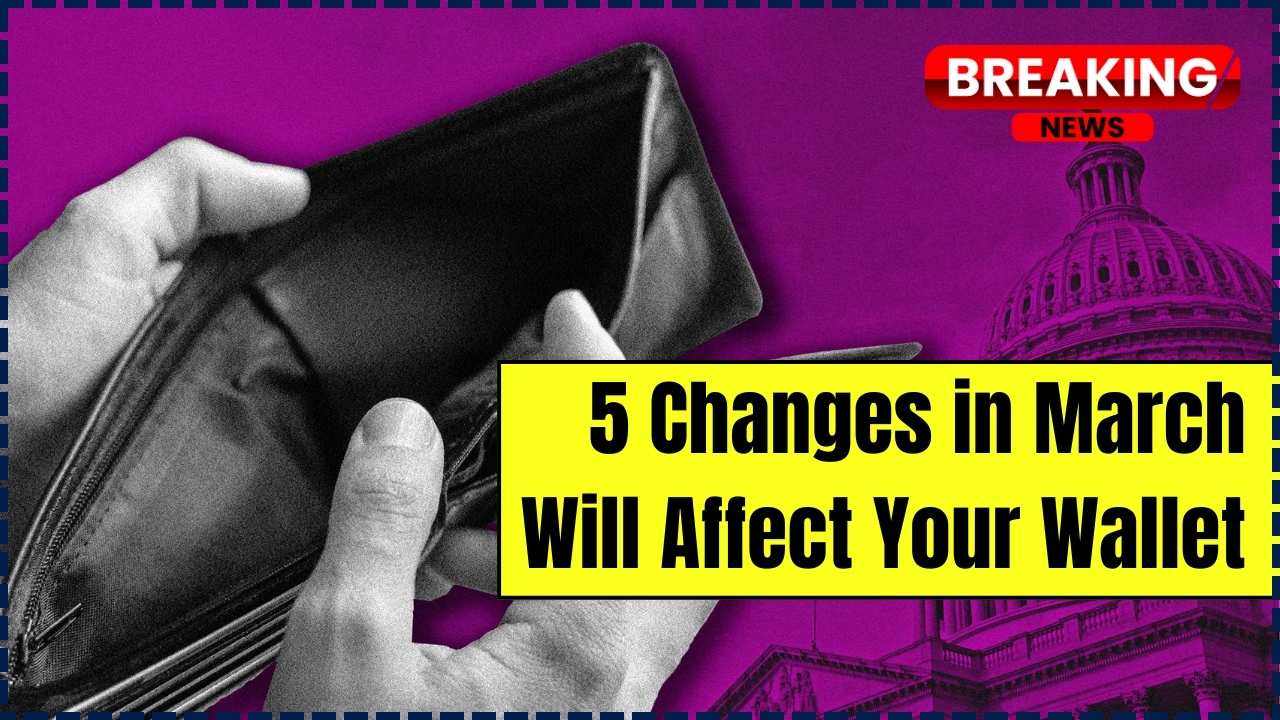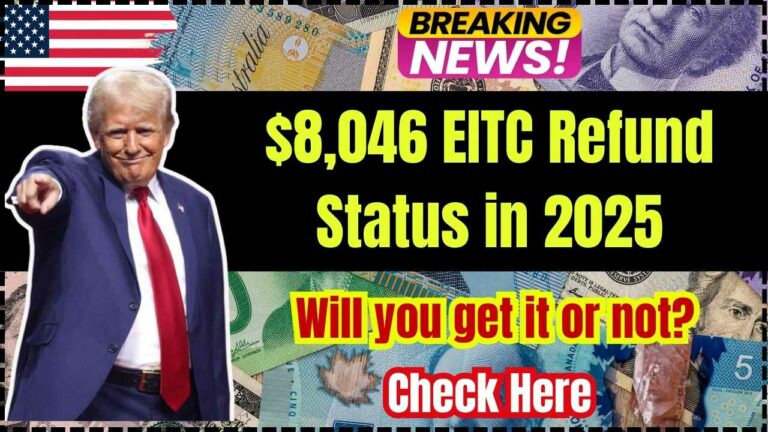March 2025 brings five significant financial shifts that could directly impact your savings, taxes, and investments. From new income tax slabs to the launch of India’s Digital Rupee, it’s more important than ever to understand what’s changing — and how you can take action to protect and optimize your money.
Here’s a breakdown of the five biggest changes and what you should do to stay financially ahead.
1. New Income Tax Slabs: More Relief for the Middle Class
The revised income tax structure under the Union Budget 2025 aims to provide relief for middle-income earners while increasing contributions from high-income groups.
✅ New Slabs (Effective March 1, 2025):
| Annual Income (₹) | Tax Rate |
|---|---|
| Up to ₹4,00,000 | Nil |
| ₹4,00,001 – ₹8,00,000 | 5% |
| ₹8,00,001 – ₹12,00,000 | 10% |
| ₹12,00,001 – ₹16,00,000 | 15% |
| ₹16,00,001 – ₹20,00,000 | 20% |
| ₹20,00,001 – ₹24,00,000 | 25% |
| Above ₹24,00,000 | 30% |
The standard deduction has also increased from ₹50,000 to ₹75,000, allowing for additional savings on taxable income.
📌 What You Should Do:
-
Review your salary slips and revise your tax-saving plans accordingly.
-
Use online calculators or consult a tax professional to estimate your post-March tax liability.
2. FD Interest Rate Changes: Rethink Long-Term Savings
The RBI’s decision to reduce the repo rate to 6.25% has led to marginal decreases in Fixed Deposit (FD) interest rates.
Key Impacts:
-
Short-term FDs (1-3 years): Slight rate reductions.
-
Long-term FDs (5+ years): Notable drop in interest income.
-
Senior citizen FDs still offer premium rates.
📌 What You Should Do:
-
Shop around for banks offering the best rates.
-
Consider diversifying into debt mutual funds, corporate bonds, or post office schemes.
3. Mandatory Nominee Update for Mutual Funds & Demat Accounts
The SEBI directive now requires all investors to register a nominee for their mutual fund and demat accounts by March 31, 2025.
Why It Matters:
-
Prevents asset freeze upon the account holder’s death.
-
Eases and accelerates asset transfer to heirs.
📌 What You Should Do:
-
Log into your mutual fund or stockbroker account.
-
Add or update nominee details today to avoid complications later.
4. Digital Rupee Rollout by RBI: A New Way to Pay
The Reserve Bank of India (RBI) is launching the Digital Rupee – a Central Bank Digital Currency (CBDC) designed for secure, cashless transactions.
Highlights:
-
Works like digital cash but is backed by the RBI.
-
Facilitates fast, traceable peer-to-peer payments.
-
Separate from UPI; no bank account is required.
📌 What You Should Do:
-
Stay informed about RBI updates and digital wallet apps.
-
Learn how digital currency differs from traditional payment apps like UPI or Paytm.
5. Bima-ASBA: Insurance Payments Get Simpler
Starting March 1, 2025, the IRDAI introduces Bima-ASBA, which enables auto-debit of insurance premiums directly from your bank.
How It Works:
-
You authorize your bank to block funds for your premium.
-
Payment is auto-processed on the due date.
-
Reduces missed payments and policy lapses.
📌 What You Should Do:
-
Talk to your insurance provider to enable Bima-ASBA.
-
Keep sufficient funds in your account for smooth debits.
Quick Recap: Actionable Checklist
| Change | Action Required |
|---|---|
| Revised Tax Slabs | Update tax plans and increase deductions |
| FD Rate Adjustments | Reassess savings strategy, explore other instruments |
| Nominee Rule for Mutual/Demat Accounts | Add or update nominee details before March 31 |
| Digital Rupee Launch | Understand how it works and track wallet rollouts |
| Bima-ASBA Rollout | Opt-in for auto-debit, check fund availability |
Frequently Asked Questions
1. Will I save more on taxes now?
Yes, especially if your income is under ₹12 lakh. The new slabs and higher standard deduction offer more savings.
2. Should I break my existing FD?
Only if you find significantly better rates or need liquidity. Otherwise, let it mature.
3. What happens if I don’t add a nominee?
Your assets could be frozen, requiring legal claims and delays for your heirs.
4. Is the Digital Rupee a cryptocurrency?
No. It’s a government-issued digital currency, not decentralized like Bitcoin.
5. Can Bima-ASBA be used for all types of policies?
It depends on your insurer. Contact them to see if your policy qualifies.
Final Word: Prepare Now to Protect Your Wallet
These five financial changes in March 2025 may seem technical — but their impact on your wallet is real. Whether it’s maximizing tax savings, ensuring your assets are protected, or staying ahead in the digital finance space, taking small steps now can lead to long-term gains.
Be proactive, stay informed, and adapt your financial strategy to stay secure and profitable.









